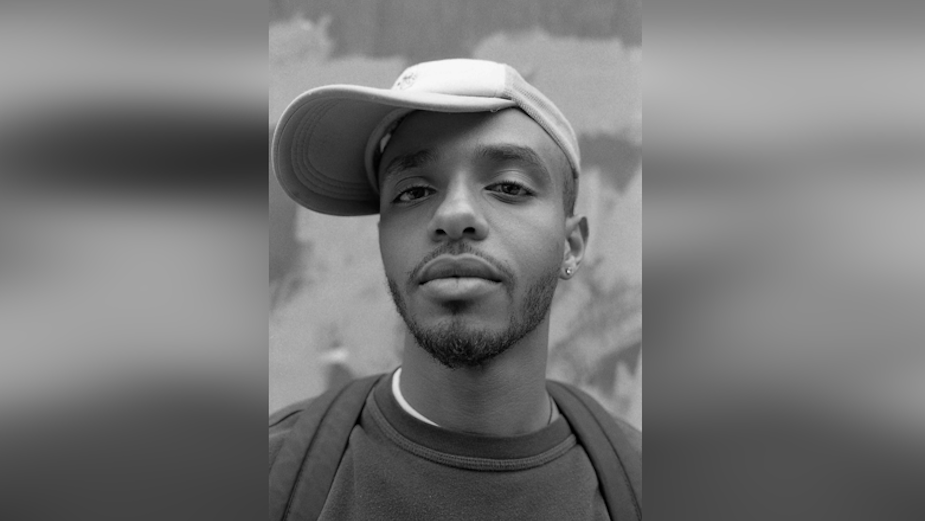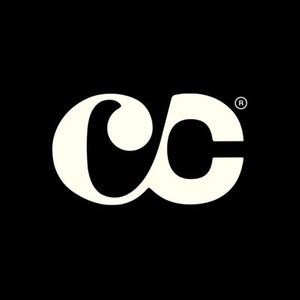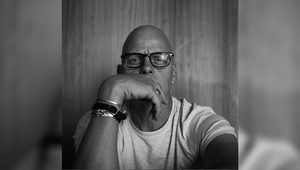
The Directors: Dawit N.M.

Dawit N.M. is a director and photographer currently based in New York. Born in 1996 in Addis Ababa, Ethiopia, he later moved to Hampton Roads, Virginia, with his family at the age of six. After establishing a deep interest in the visual arts, he became an ardent autodidact, committing himself fully to learning the art of filmmaking and later photography. His subjects have taken audiences into worlds of loss, devotion, intimacy and innocence. In the same vein, the images question the transparency of narratives that are shaped by western influences. This relationship between identity and stereotypes inspired his first self-published photography book, 'Don’t Make Me Look Like The Kids On TV' (2018).
His directorial debut - a visual accompaniment for Ethiopian-American singer / songwriter Mereba's debut album entitled 'The Jungle Is The Only Way Out' (2019) - earned him a nod for Emerging Director at the 2019 American Black Film Festival. Dawit’s first exhibition, 'The Eye That Follows' (2020), was on view at The Chrysler Museum in Norfolk, VA, summer of 2020.
Name: Dawit N.M.
Location: Brooklyn, NY
Repped by / in: Couscous / US
Awards: Emerging Director at the African American Film Festival 2019
What elements of a script sets one apart from the other and what sort of scripts get you excited to shoot them?
Dawit N.M. > The message. For me, a script's message is the main element that sets one apart from the other. Themes that are central to the overall human experience are ones that I gravitate towards; scripts that find the perfect balance between being personal enough yet universal are the scripts I want to shoot.
How do you approach creating a treatment for a spot?
Dawit > A treatment is a piece of art. The treatment process, for me, begins with brainstorming anything that comes to mind at first; usually, the idea is somewhere in this storm of thoughts. Then I go and start researching the subject and various related topics. The first two steps can take anywhere from a couple of hours to a couple of days. Once I have enough thoughts stringed together, I'll start writing the idea down on paper. Here I see the film come to life. This part of the process here is where I begin to find the spot's rhythm and beat.
Once I've done the research and the writing, I'll start designing the treatment myself or with a designer's help. Since I come from a photographic background, I take special care to find the right image, which captures the reader's attention every time. If the treatment is dull and lacks rhythm and beat, the spot will be flat as well.
If the script is for a brand that you're not familiar with / don't have a big affinity with or a market you're new to, how important is it for you to do research and understand that strategic and contextual side of the ad? If it's important to you, how do you do it?
Dawit > I try my best to work within my world of familiarity; this allows me to create work from a place of personal experience.
For you, what is the most important working relationship for a director to have with another person in making an ad? And why?
Dawit > If we can't laugh together, then we are not well equipped to be stressed together. Creating anything takes a lot from us; the least we can do is enjoy each other and give life through laughter.
What type of work are you most passionate about - is there a particular genre or subject matter or style you are most drawn to?
Dawit > Work that reinforces the idea that we are all alike is work that I love. This type of work accomplishes two things: one, it unites everyone, and two, the uniqueness of each other is respected.
What misconception about you or your work do you most often encounter and why is it wrong?
Dawit > I think people take me as someone who is super serious all the time, but I'm the complete opposite in reality. When it comes to family and work, I'm serious, but everything else, I'm relaxed, sometimes too relaxed. This duality in behaviour reminds me of what's essential in life. Work is vital to me because my work aims to help people. The moment the work becomes more about me is when the universe will manage to find me a new career to pursue.
What's the craziest problem you've come across in the course of a production – and how did you solve it?
Dawit > I'm not sure if I'm allowed to be specific, but I'll speak on what I learned from that experience. When life, or production, throws you problems left and right, you can either look at them as roadblocks or signs that the road you are on is not the best path and rerouting is needed to get you where you need to go.
How do you strike the balance between being open / collaborative with the agency and brand client while also protecting the idea?
Dawit > It all boils down to trust. If trust isn't there between you, the agency, and the client, then it'll be a rough road ahead. I garner my trust through open communication and letting everyone know how I truly feel about things, sprinkle in a bit of humour, and you have a good working relationship.
What are your thoughts on opening up the production world to a more diverse pool of talent? Are you open to mentoring and apprenticeships on set?
Dawit > Diversity is an interesting word these days; oftentimes, people see diversity within our industry as having more people who don't look the same. However, true diversity comes from diverse thought, and diverse thought comes from people from different backgrounds. When diversity comes from a place rooted in somewhere inside oneself, the mind, everything else will follow. I'm open to mentoring and apprenticeships, but not solely on set, I want to show them the whole process, especially when you have no work coming in and you need to fill the time.
How do you feel the pandemic is going to influence the way you work into the longer term? Have you picked up new habits that you feel will stick around for a long time?
Dawit > I'm not sure how the pandemic will influence the way I work in the future, but I have acquired an array of home workouts and stretches that I can do on the go. Before the pandemic, it was always a challenge for me to keep up with my fitness. I'm well equipped now to handle that challenge.
Which pieces of work do you feel really show off what you do best – and why?
Dawit > 'The Jungle is the Only Way Out' visual EP is one of my favourites. I approached the artist, Mereba, with the idea of narrating her journey through the use of feelings rather than plot points. My thinking behind this is that viewers will have a hard time trying to see themselves in a film that's all about you, Mereba. Instead, let's highlight the feelings felt, which will inevitably make the film universal.










